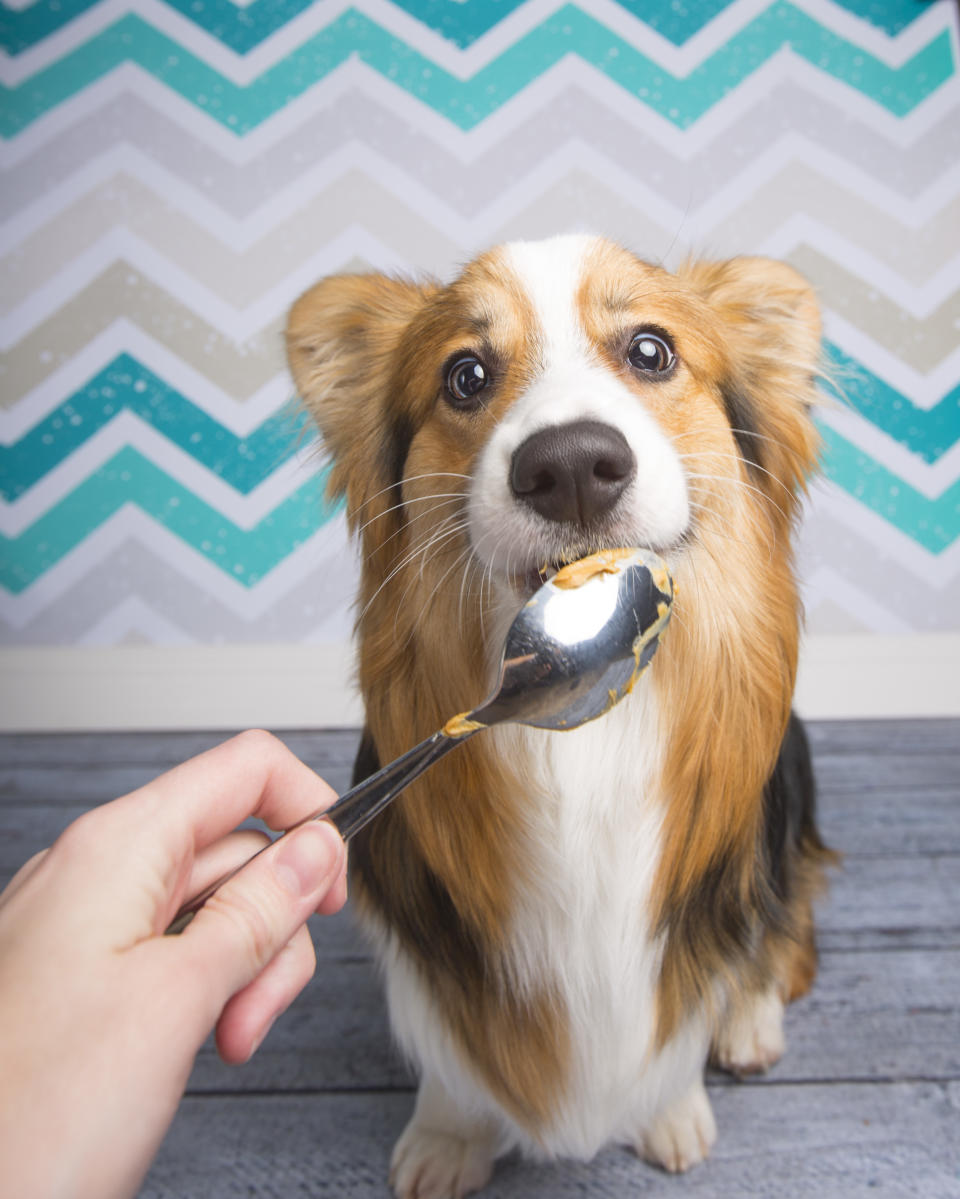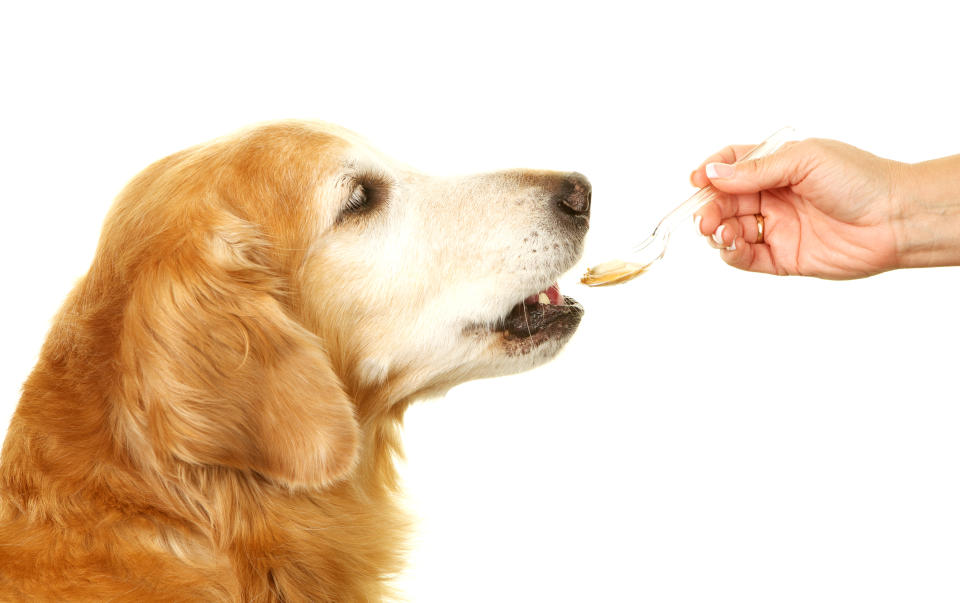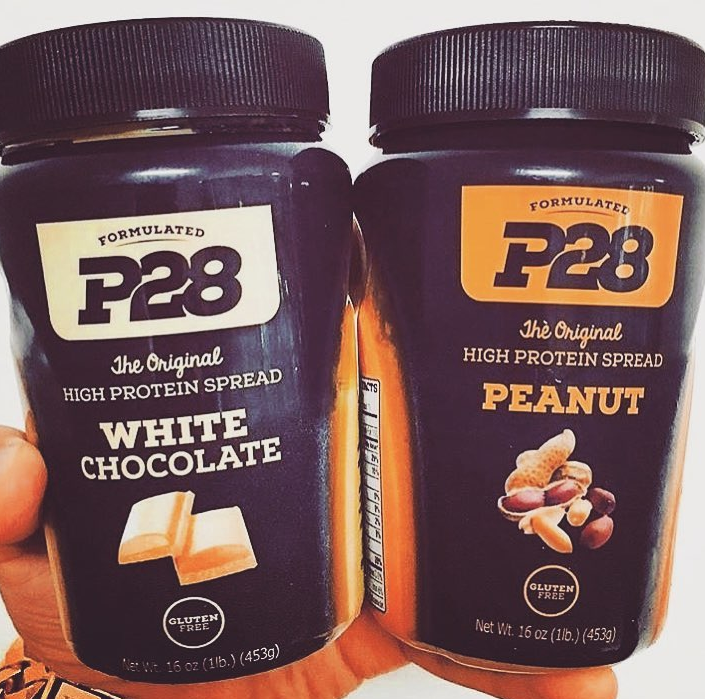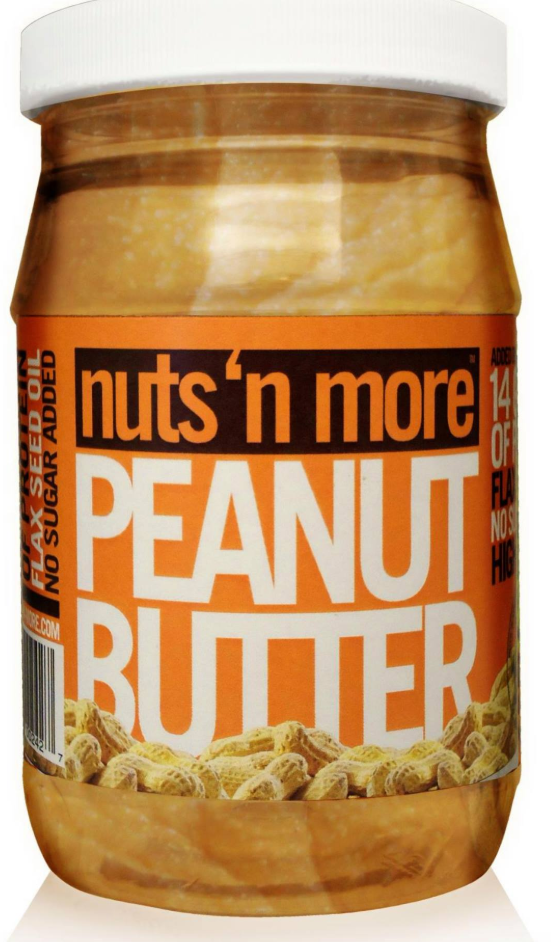The new peanut butter ingredient that could prove deadly for dogs
Australian dog owners have been warned about a potentially deadly ingredient in a treat used to reward dogs or encourage them to take medication.
Peanut butter has been used in disguising tablets with its salty flavour, and inside toys to keep dogs entertained for hours on end, but experts warn the sticky paste could be fatal.
A trend of high-protein, low-sugar “health” products has seen a surge in the popularity of artificial ingredients like xylitol, a natural sweetener lower in calories than sugar.

While the surge in low-sugar products might be beneficial to those watching their weight, they could prove deadly if passed on to unsuspecting canines due to the toxic effect it has on their stomach.
Less than 0.075g of xylitol per kilogram of a dog’s weight would reduce its blood glucose levels, while amounts up to 0.5g per kilogram would affect its liver and cause blood clotting, Sydney-based vet Bill Ilkin told Yahoo News.
Dr Ilkin said while the ingredient certainly posed risks to man’s best friend, small amounts of products containing the sweetener wouldn’t be enough to cause death.
“Excessive amounts are deadly, but most people aren’t feeding their dogs excessive amounts of peanut butter,” Dr Ilkin said.
He explained many vets used a dental hygiene product containing xylitol to clean bacteria in the mouths of dogs, but this wasn’t harmful because of how little was typically used.

“Some people will wrap the dogs pills in peanut butter but they normally use a small amount,” Dr Ilkin said.
More than a tablespoon could be dangerous
While Dr Ilkin said the risks involved in feeding dogs peanut butter containing xylitol were not serious in minimal doses, he said any more than a tablespoon could have dangerous consequences.
Dr Jade Norris, veterinarian at RSPCA NSW, urged pet owners to keep the artificial sweetener far from their pets.
“Xylitol can kill dogs and therefore pet owners must ensure dogs do not have access to xylitol or xylitol-containing products,” Dr Norris said.
“Xylitol is a sweetener found in some products such as some sugar-free chewing gum, lollies, baking goods, peanut butter, toothpaste and many other products.


What to do if your dog eats xylitol
“If your pet dog has ingested xylitol or you just suspect they may have ingested xylitol take them to your veterinarian immediately as xylitol ingestion is a life threatening emergency. Just a small amount of xylitol can kill a dog.”
Companies Nuts ‘n More and P28, both based in the United States, sell peanut butter containing xylitol to Australia, and both market their products as “high protein”.
Peter Ferreira, founder and CEO at Nuts n’ More, told Yahoo News the company was aware of the inherent dangers xylitol posed on dogs and was working on releasing more xylitol-free products.
“Products that contain xylitol, including ours, though good for humans, aren’t for pets,” Mr Ferreira said.
“We’re pet owners and lovers ourselves, and have worked with and been guided by several pet advocacy groups here in the US to help get the word out as well.”
Do you have a story tip? Email: newsroomau@yahoonews.com.
You can also follow us on Facebook and stay up to date with the latest news with Yahoo’s daily newsletter. Sign up here.



